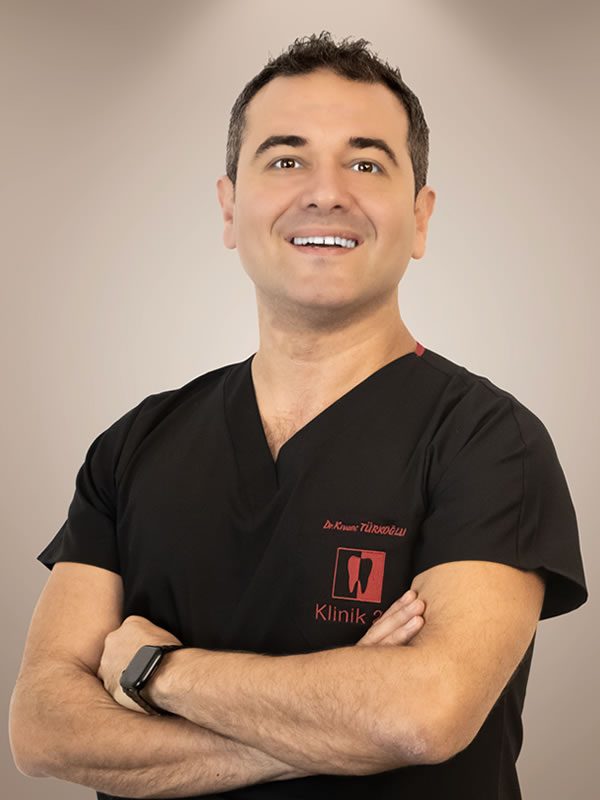
Smiling is a crucial way for an individual to reflect their beauty and confidence. However, dental issues can affect many people’s ability to smile. Fixed prosthetics provide an effective solution for dental corrections, offering excellent results both aesthetically and functionally. In this article, you will gain more insight into what fixed prosthetics are, how they work, and the advantages they offer.
What are Fixed Prosthetics?
Fixed prosthetics are dental treatment options used to correct and complete missing or damaged teeth. Typically made from porcelain or ceramics, these prosthetics are permanently attached to an individual’s teeth. Unlike traditional dental prosthetics, fixed prosthetics cannot be removed.
Advantages
Fixed prosthetics come with numerous advantages:
- Aesthetic Appearance: Fixed prosthetics provide an aesthetic appearance closely resembling natural teeth.
- Functional Improvement: Placing fixed prosthetics to replace missing or damaged teeth enhances chewing ability and resolves speech problems.
- Longevity: With proper care, fixed prosthetics can last for many years.
- Self-Confidence: A strong and aesthetic smile can boost an individual’s self-confidence.
- Easy Maintenance: Fixed prosthetics require easy maintenance in terms of dental hygiene.
How Does it Work?
The process of fixed prosthetic treatment involves the following steps:
- Examination and Planning: Your dentist examines your dental issues and prepares a treatment plan, determining the appropriate treatment method and type of prosthetics.
- Preparation: A small amount of enamel is removed from the missing or damaged teeth, preparing the space for the prosthetics.
- Impressions and Prosthesis Production: Your dentist takes measurements and sends them to a laboratory for the production of custom fixed prosthetics.
- Temporary Prosthesis Attachment: A temporary prosthesis may be attached until permanent prosthetics are ready.
- Placement of Permanent Prosthetics: Once the permanent fixed prosthetics are ready, your dentist attaches and securely fixes them in place.
Who is it Suitable For?
Fixed prosthetics are a suitable option for many individuals with missing or damaged teeth who want to complete their smiles. However, the health of the oral structure and gums significantly affects the success of the treatment. Therefore, a dental examination is necessary for fixed prosthetic treatment.
Conclusion
Fixed prosthetics offer an excellent solution for dental corrections by providing aesthetic and functional improvements. With a natural appearance, longevity, and easy maintenance, fixed prosthetics become an ideal solution for many individuals. To learn more and seek consultation about fixed prosthetic treatment, contact a dentist. Regain your smile and boost your self-confidence.



















